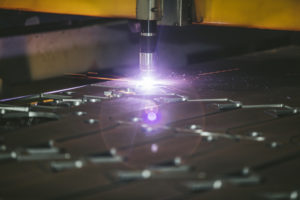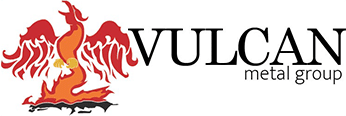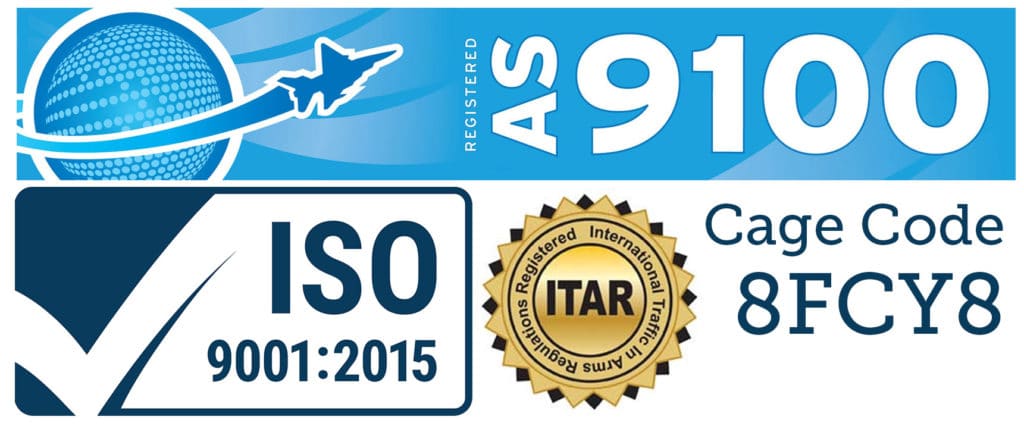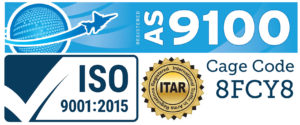Low Expansion Alloys
For hundreds of years, engineers have experimented with different alloys, in an attempt to control heat expansion. In certain applications such as vacuum tubes or optoelectronics, it is necessary to adhere to set expansion requirements over specific temperature ranges.
In these cases, the following materials possess the characteristics needed.

Here, Phillip Guthrie of Vulcan Metal Group addresses key questions that buyers should consider when selecting controlled expansion alloys.
Q: What are the primary controlled expansion alloys?
A: The primary controlled expansion alloys include Alloy 36, Alloy 42, Alloy 48, Alloy 52 and Alloy 54, each of which has its own thermal expansion coefficient and is used for specific applications. Alloy 36, for example, is most often used in precision laser equipment, instrumentation and electronic devices, where Alloy 42 gets the most use in thermostats and electrical switches. Alloy 48 is more widely used in electrical wiring or in industrial thermostats in environments that have to be heated up to 450 °C.
Q: What are some of the other commonly-used expansion alloys?
A: Alloy ASTM F-15 is comprised of nickel, cobalt and iron and used frequently in machining and deep drawing. This is one of the more popular controlled expansion options for hermetic sealing applications.
Invar 36 is a low-expansion alloy made of nickel and iron. It’s typically used in applications with minimum expansion requirements. Nickel 200/201/205/233 are all commercially pure, non-alloyed Nickel options that are used in the electronics industry. Some of the products that are made with this alloy include fuel cells, terminals, cathode shields and semiconductor supports.
Nickel 270 is another commercially-pure option used by the electronics industry for anode plates, passive cathodes and transistor enclosures (among other products).
Q: What other applications can expansion alloys be used for?
A: Other uses for expansion alloys include compact fluorescent lamps (CFLs), auto lamps and additional electronic applications. In most cases, controlled expansion alloys are made through some combination of Kovar and iron nickel. Kovar is an iron-nickel-cobalt alloy with a coefficient of thermal expansion similar to that of hard (borosilicate) glass, making it especially suitable for uses which require a matched-expansion seal between metal and glass parts.
In addition, Kovar is frequently used in the electronics industry for metal parts bonded to hard glass envelopes for such devices as power tubes, x-ray tubes, etc., and other applications requiring glass-to-metal seals.
Q: What other factors should I consider when selecting controlled expansion alloys?
A: Procurement professionals and engineers should consider these key points:
1) What exactly do you want to seal?
2) What else do we know about the application in question?
3) What materials are being connected to each other?
4) What is the CTE of the material that we’re using?
5) Does the CTE align with that of the selected alloy?
The answers to these questions are important because the coefficient of thermal expansion (CTE) values must align to those of the alloy that you select. The CTE indicates the extent to which a material expands upon heating, and different substances expand by different amounts (i.e., exactly how much a specific material will expand or contract when it is heated or cooled).
It’s important to understand that over the course of small temperature ranges, the thermal expansion of uniform linear objects is proportional to temperature change.
Q: How else can I narrow down my selection?
A: Once you’ve made these calculations and determined whether the CTE of the material matches that of the alloy, you can narrow your choices down to a specific material or alloy that you need for that application. Note that while high-temperature metals like molybdenum and tantalum can also be used in areas where controlled expansion alloys are needed, for the most part you’ll be selecting among nickel iron and Kovar when making procurement decisions related to this metal category.

REQUEST A QUOTE or
Get in Touch
Address
Vulcan Metal Group LLC
23888 Madison Street
Torrance, CA 90505
United States
Phone / Fax
Phone: +1 310.882.6841
Fax: +1 310.893.0579
Cage Code
8FCY8
Quality Policy: Vulcan Metal Group, LLC. supplies mission critical, special purpose materials, and products at a competitive price. The company’s quality system is registered to ISO 9001 and AS9100 and follows its principles for the governance of the business. An active continual improvement program and compliance with all applicable OSHA, federal, and state regulations is maintained.


